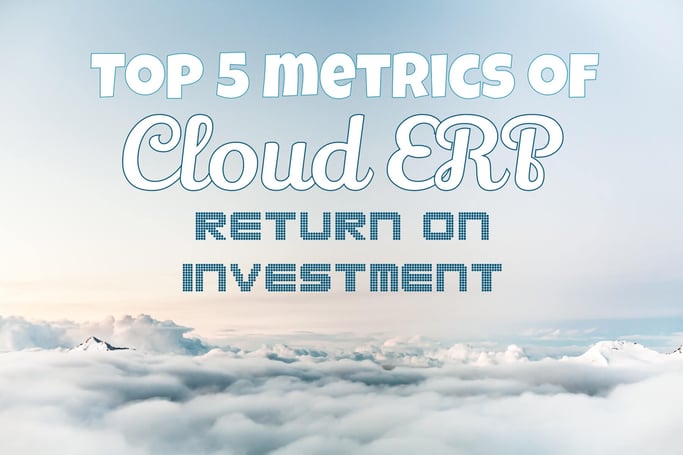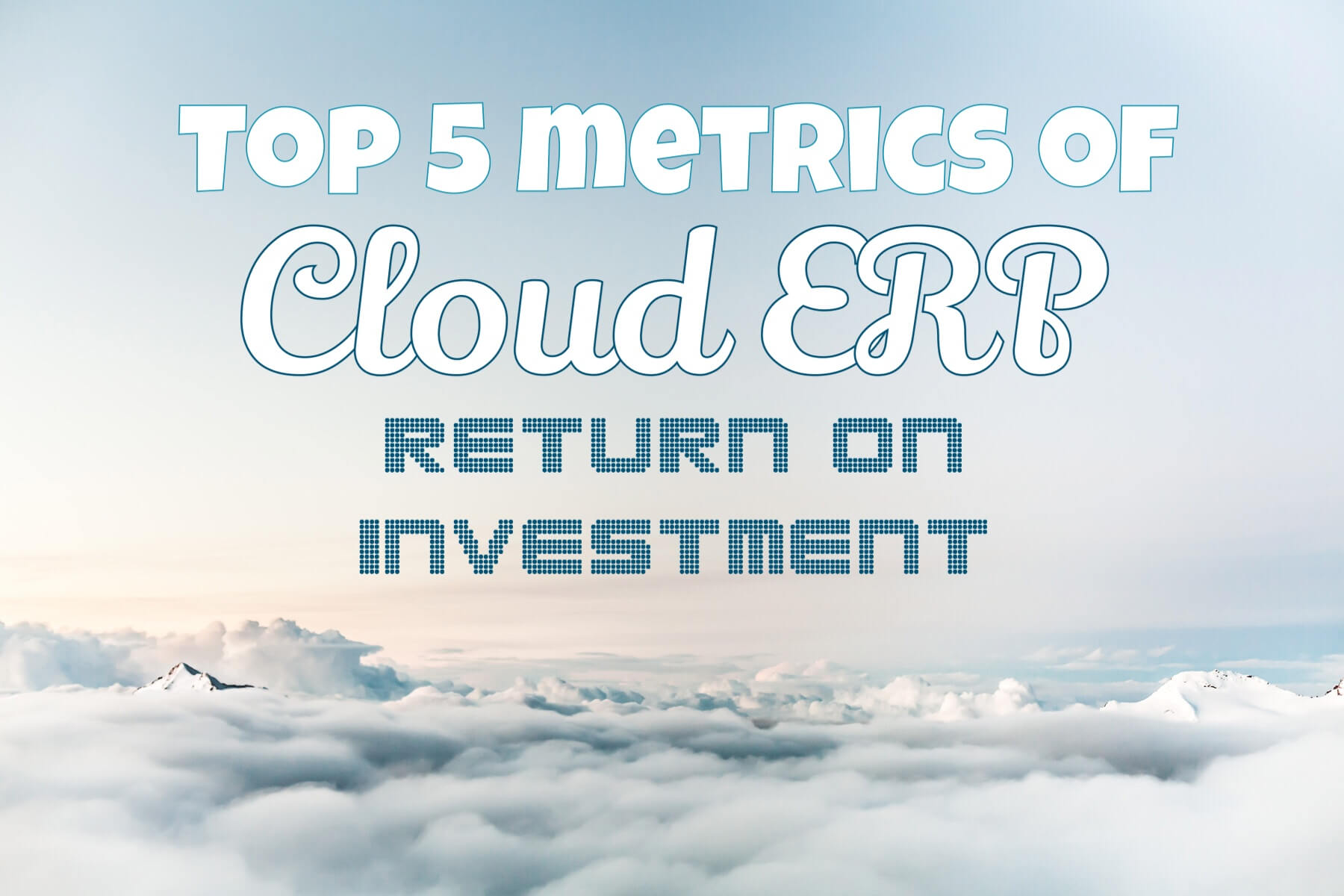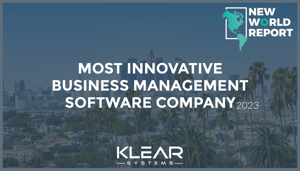
As you may already know, Return on Investment (aka ROI) is the method business leaders use to determine which investments to fund while also measuring the financial success of investments. ROI can be explained simply as a comparison of the expected benefit of a particular investment versus the cost of that investment. Because ROI is primarily measured in monetary units, in theory, a shorter payback period equates to a more financially beneficial investment.
Software solutions that automate business processes can make a dramatic positive impact on operations. However, the most quantifiable benefits of an ERP implementation can be difficult to quantify and therefore difficult to explain to executive leadership. We can help!
Whether you’re getting a new ERP system approved, or attempting to explain the benefit of a recent implementation, we’ve put together the most important benefit categories below, along with a metric for each category to help quantify your results:
- Improved Profitability
Cloud ERP software can assist in controlling costs and improve overall profitability as a result.
These improvements can be seen in several ways:
-Reducing inventory levels through better inventory planning inevitably reduces costs.
-Improving invoice accuracy can decrease collection cycles and improve cash flow.
-Monitoring financial performance through updated budget-versus-actual analysis can trigger corrective actions to adjust for unexpected budget differences.
-Transformation of the IT delivery model will also deliver tangible benefits and reduce operating costs. - Improved Compliance
It is a given that all companies must establish and document compliance with the requirements of various tax and regulatory agencies. Staying organized an on top of changes places a significant burden on the internal processes and employees of said businesses.
However, the implementation of Cloud ERP software can significantly improve organization and compliance. The probability of an audit is no longer a stressful worry with Cloud ERP keeping the company's records tidy and up-to-date, reducing risk of fines as well as the cost of compliance if issues were to be found. - Improved Accounting Integration
While Accounting departments follow set reporting cycles, ERP systems can support timely posting of financial transactions across all facets of a business.
The ability to see transactional impact provides a financial picture of business operations and highlights Budget versus Actual (BVA) trends that might need attention. This saves both time and resources due to the fact that finding budget shortfalls at quarter end results in more lost profits than necessary. Time is money! - Improved Customer Service Experience
The Customer Experience is an integral part of a successful business strategy. A business cannot simply stock a great product and neglect the customer's journey to it.
Excellent customer service includes providing the customer all of what they want, when they want it, with accurate billing and quick shipping, tracking, and return processes. The bar is set high and negativity in any part of the journey affects company image more than any success.
From an internal process perspective, common measurements of customer service performance improved by Cloud ERP include tracking line item fill rates, order fill rates, on-time deliveries, and invoice accuracy. Additionally, comparing these measures to historical results can identify trends and potential issues before they become big problems. - Improved Inventory Management
Having the right inventory in the right location to meet customer or production demand is the name of the game for any business. Measuring the number of “stock outs,” or OOS (Out-of-stock) events is one way to monitor the effectiveness of ERP planning processes. ERP systems improve the tracking and accounting for of inventory movements. However, it is the Inventory planning capabilities of ERP systems that provide the greatest benefit to Inventory Management.
Any organization can avoid stock outs by having excess inventory available but this practice is a slippery slope. Excess inventory requires excess space and ties up capital which could be better used elsewhere. Monitoring the “number of days supply” for each inventory item and comparing it to future forecasted demand is one way to ensure that inventory will be available as needed without extreme excess.
As you can see, with the right ERP system, businesses can accurately measure the benefits of a Cloud ERP software investment and prove the value of it for years to come.







